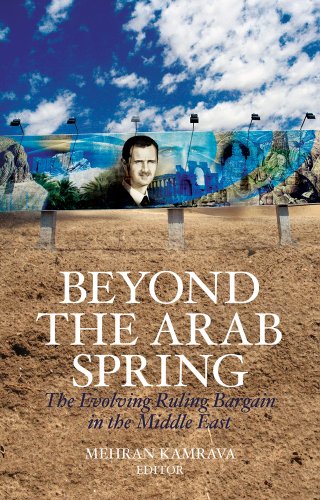Inhaltsangabe
The Arab Spring occurred within the context of the unraveling of the dominant 'ruling bargain' that emerged across the Middle East in the 1950s. This is being replaced by a new and in- choate system that redefines sources of author- ity and legitimacy through various devices (such as constitutions), experiences, and processes (mass protests, civil wars, and elections), by reassessing the roles, functions, and at times the structures of institutions (political parties and organisations, the armed forces, the executive); and by the initiative of key personalities and actors (agency). Across the Arab world and the Middle East, 'authority' and 'political legitimacy' are in flux. Where power will ultimately reside depends largely on the shape, voracity, and staying power of these new, emerging conceptions of authority. The contributors to this book examine the nature and evolution of ruling bargains, the politi- cal systems to which they gave rise, the steady unraveling of the old systems and the structural consequences thereof, and the uprisings that have engulfed much of the Middle East since December 2010.
Über die Autorin bzw. den Autor
Mehran Kamrava is Professor and Director of the Center for International and Regional Studies at Georgetown University's School of Foreign Service in Qatar. He is the author of a number of books, including, most recently, The Modern Middle East: A Political History Since the First World War; Qatar: Small State, Big Politics; and Iran's Intellectual Revolution.
„Über diesen Titel“ kann sich auf eine andere Ausgabe dieses Titels beziehen.
